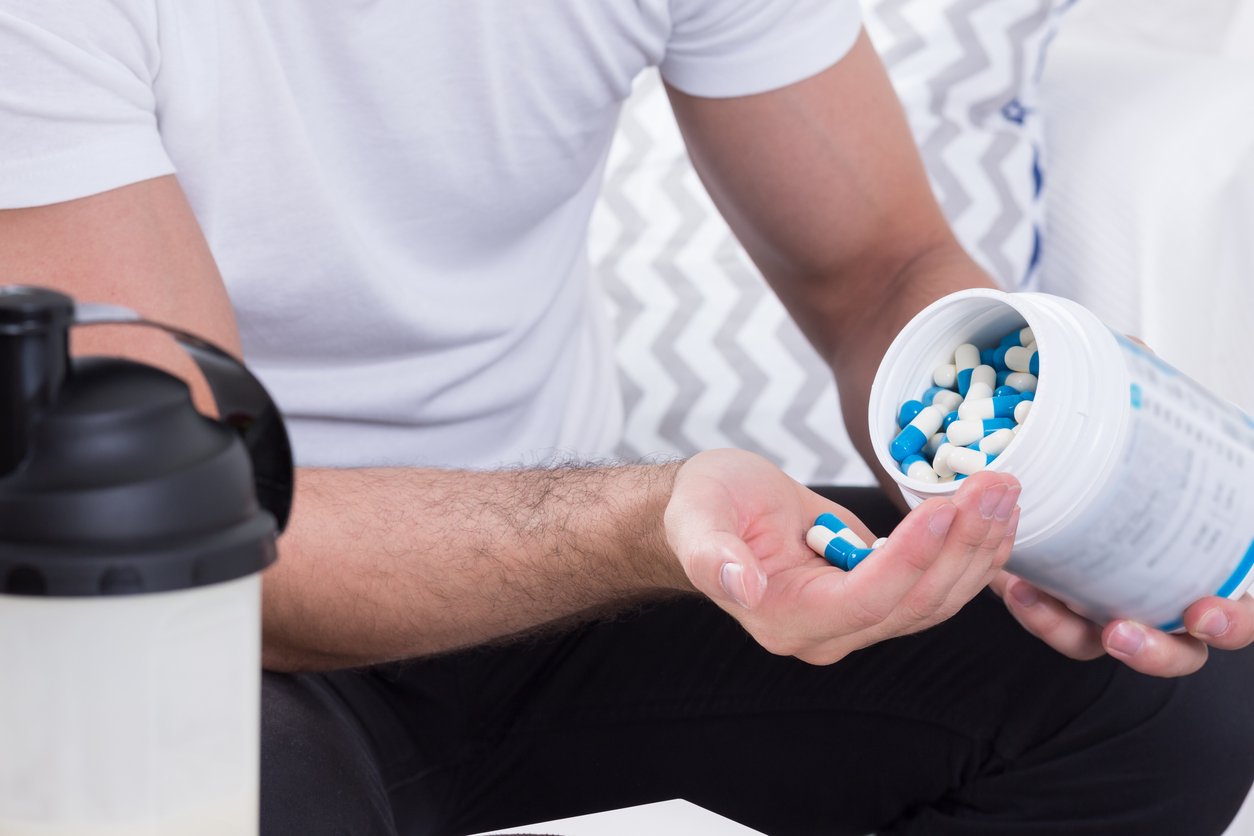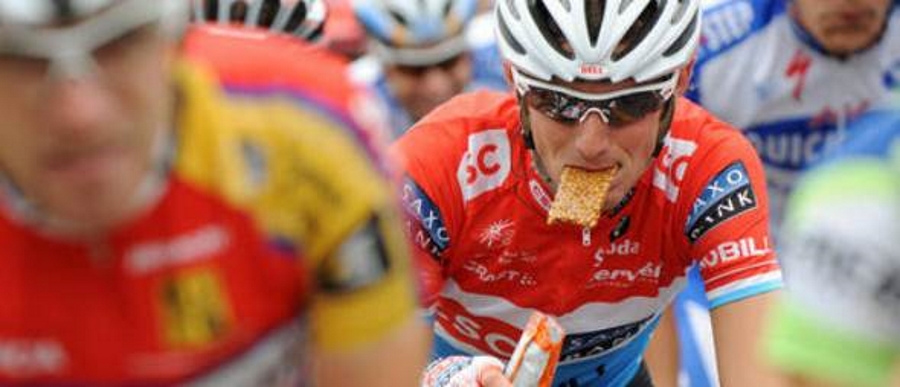As an extreme sports athlete, nutrition plays a vital role in your performance. Working with a student athlete nutritionist can help you understand the unique dietary needs of your body while engaging in extreme sports activities. Here are 10 essential health and nutrition tips to keep your body in peak condition.
1. Stay Hydrated
Having enough water is key to athletes competing at any level of intensity, especially those who participate in extreme sports. To ensure that you maintain optimal hydration levels, make sure to drink plenty of fluids before, during and after exercising. Additionally, be aware of any dehydration signs such as dizziness or fatigue – these are warning signals that you need to replenish your electrolytes and fluids immediately.
2. Eat Enough Calories
One misconception among extreme sports athletes is that fewer calories means better performance on the field or court; however, this could not be further from the truth. Your body needs enough fuel to sustain it through intense physical activity sessions, so ensure you get adequate amounts of carbohydrates and proteins throughout the day. Working with a student athlete nutritionist can help determine the amount of calories you should have each day based on your current weight, body composition and sport-specific goals.

3. Consume Quality Sources Of Protein And Fats
Protein and fats are essential macronutrients for muscle building and recovery after exercise bouts; therefore, they should be included regularly in an athletic diet plan as well. Opt for sources like fish, poultry, eggs and nuts as they provide quality sources of protein without excessive saturated fat content which may lead to inflammation issues over time if consumed excessively or improperly balanced with other food groups like carbohydrates or vegetables/fruits . Eating lean meats such as chicken breast instead of red meat can also help reduce cholesterol levels while providing adequate amounts of energy needed by athletes competing in extreme sports activities .
4. Include Complex Carbohydrates In Your Meals
Carbohydrates are the main source of energy during exercise or any physical activity, so it’s important for athletes participating in extreme sports to consume complex carbohydrates every 2-3 hours prior to their training session or competition day. Whole grain breads/cereals, oats, brown rice, legumes (beans), quinoa, etc. all provide slow release energy to help you stay energised during long periods of intense exercise, as well as fibre to aid digestion and help maintain satiety after meals/snacks. It’s also advisable to include some simple carbohydrates in pre/post workout snacks such as fruit & low fat yoghurt which will provide an instant source of energy when needed most (pre-workout) & aid in muscle repair/recovery post workout respectively!
5. Include healthy fats in your diet
Fat is often misunderstood by athletes due to its association with weight gain; however, incorporating healthy fats into an athlete’s diet is actually beneficial both physically & nutritionally! Monounsaturated fats, found in foods such as olive oil, avocado and nuts, support brain function while promoting overall health! Polyunsaturated omega-3 fatty acids, found in fish oils, flaxseed, etc., have anti-inflammatory properties which can be useful for athletes who experience joint soreness due to the repetitive, high-impact movements associated with extreme sports! Ensure a good balance between saturated and unsaturated fats by limiting processed fast foods as part of a regular diet.
6. Make sure you are getting the right vitamins and minerals.
Vitamins & minerals form the foundation of a strong immune system; hence they play a major role in helping prevent illnesses commonly experienced among athletes competing at the highest level! Vitamin C present in citrus fruits enhances the production of collagen fibers responsible for providing structural integrity of muscles, ligaments and tendons while zinc may improve healing times reducing chances of infections spreading quickly throughout the body! Vitamin B12 found in organ meats seafood helps transport oxygen red blood cells keeping muscles functioning optimally and extending duration of exercise sessions! Including a variety of fresh fruits vegetables daily menu provides ample vitamins minerals along with antioxidant benefits that help protect cells from damage caused by free radicals and oxidative stress! Consult student athlete nutritionist to determine best supplement regimen suitable for individual lifestyle requirements!
7. Don’t forget calcium
Calcium forms the basis of strong bones, allowing them to withstand repeated impacts commonly encountered in contact sports such as wrestling, football, basketball, etc. Dairy products serve as the primary source of calcium, although vegan alternatives exist such as kale, broccoli, tofu, soy milk, almond butter, etc. Fortified cereals also contain decent amounts of minerals that help maintain bone strength! Adequate calcium intake is highly recommended to prevent the development of osteoporosis fractures later in life resulting in physical trauma-related incidents occurring throughout a career in athletics!

8. Rest and recovery
Proper rest after intense physical exertion is an important factor in maintaining the health and well being of active individuals practicing action-packed disciplines that constantly tax the limits of human endurance! Replenishing glycogen stores within 48 hours of a particularly strenuous session repairs damaged tissue fibres, reduces the risk of injury recurrence and ensures continued progress towards the ultimate goal(s)! Taking hot and cold showers, alternating temperatures, increases circulation and blood flow assisting the muscular recovery process therefore ideal for promoting optimal recovery rates for the respective student athlete!
Conclusion
Professional advice from a student-athlete nutritionist can go a long way towards improving an athlete’s performance during training or competition days involved in extreme sports activities! By implementing these 10 health and nutrition tips outlined above into everyday eating habits an individual will find themselves better prepared capable of taking full advantage of opportunities that arise through dedicated hard work commitment involved playing respective sport at the highest possible level!




